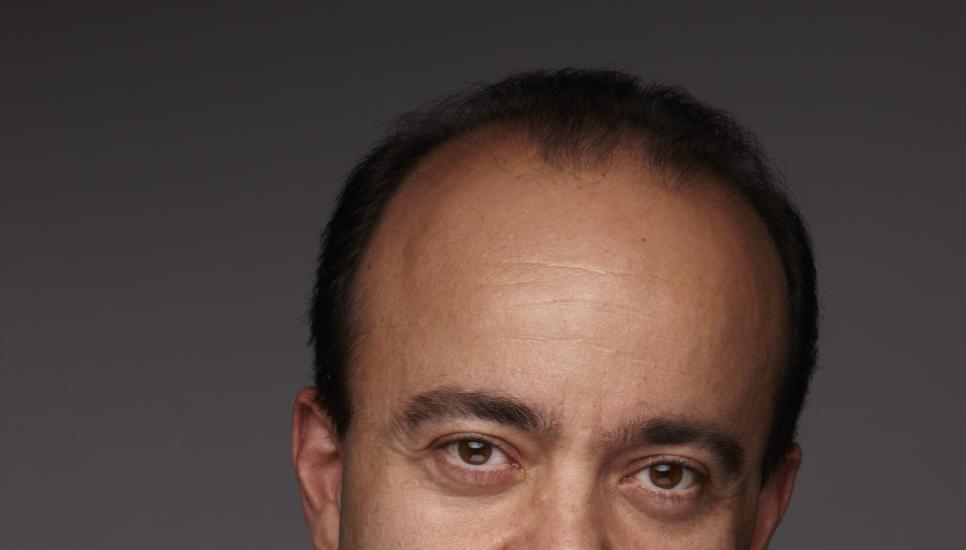Brexit 'fear factor' expected to shape family offices

Anxious British and European family offices are taking a “wait and see” attitude on investment in the aftermath of the United Kingdom's vote to leave the European Union.
The “fear factor” of a struggling Brexit economy is expected to shape how family offices operate on both sides of the English Channel.
Daniel Pinto, chief executive and founding partner of Stanhope Capital, one of Europe's largest independent investment firms, overseeing $9.5 billion of global wealth, said Brexit had emphasised the concerns of families, entrepreneurs and charities over volatile markets and lower returns.
Pinto said British and European clients wanted to know how to adapt and where the safe havens were now. They were “extremely surprised” by the success of the Leave campaign.
“Some of them are concerned because they don't exactly know what the consequences will be,” he said.
“There is some hope an agreement will be found that will preserve free trade for the UK. There is an awareness it may take a long time to get there.”
Stanhope Capital had advice for worried clients, Pinto said.
“You have to look at asset classes in relative terms. Yes, equities are more volatile but they are providing now prospects of substantially higher returns than bonds.
“There is a trade-off today between liquid and illiquid assets. If you are prepared to accept more illiquidity, you are able to recapture higher returns in asset classes. That means private equity, real estate and private debt.
“That is clearly a trend we see going for the next few years, it's not a short-term trend, and clients understand it.”
Pinto said three models of family offices were trending around the world before the referendum.
The first model was where a family creates its own family office for administrative reasons, with one or two executives not particularly involved in investment matters.
The second family office model consists of a family hiring a limited number of investment professionals focused on asset allocation, but delegating the actual management of the assets to third party investment managers.
The third model involved hiring a full inhouse investment team making investment decisions in all areas.
Pinto said family businesses have converged on the second model over the past four years, once they realised how difficult it was to have all the necessary skills and expertise in house.
“American and British families have tended to go for the third model early on,” he said.
“European families are less likely to have internalised completely their investment functions than US or UK families.”
However, many family offices trending towards the second model still retained a direct involvement in real estate because they were accustomed to property management and had the appetite for it, he said.
With the “fear factor” of a Brexit economy likely to play a bigger role, Pinto expected the second family office model he described to become even more popular as families questioned whether they were really equipped to handle the difficult investments ahead.
“Do we want the hassle and worries of having all kinds of people in our family office dealing with these uncertainties without necessarily having the tools to do that,” Pinto said.
British government bond yields entered negative territory for the first time this week, putting Britain alongside Germany and Japan as countries with negative bonds, the Financial Times reported.






